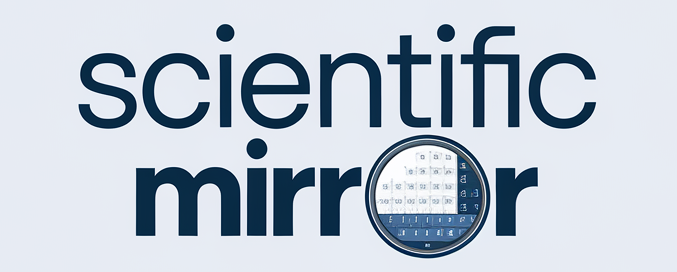Quantum computers sound like science fiction, but they’re very real—and no, they’re not tiny machines living inside your brain. Instead of working like normal computers, they use the bizarre rules of quantum physics to solve problems regular computers would take centuries to figure out. Think of it as upgrading from a bicycle to a spaceship—you still get places, but the rules of the ride are completely different. Here are ten key insights to help you wrap your head around these futuristic machines without getting a physics degree first.
The Basics of Quantum Bits
Classical computers use bits that are either zero or one, like an on-off switch. Quantum computers use qubits, which can be zero, one, or both at the same time thanks to a trick called superposition. This means they can process a ridiculous amount of data simultaneously. Basically, they’re multitasking champions in a way that would make your laptop cry.
Superposition Explained Simply
Superposition sounds intimidating, but picture spinning a coin: it’s both heads and tails until it lands. A qubit in superposition does the same thing—holding multiple possibilities at once. This property lets quantum computers test tons of outcomes simultaneously instead of one at a time. It’s weird but extremely useful for solving complex problems fast.
The Power of Entanglement
Entanglement is when two qubits become mysteriously linked, no matter how far apart they are. Change one, and the other reacts instantly—Einstein famously called it “spooky action at a distance.” Quantum computers use this spookiness to coordinate information faster than classical systems ever could. It’s like having twins who finish each other’s sentences… across galaxies.
Quantum Gates Instead of Logic Gates
Normal computers use logic gates to process bits, but quantum computers need special quantum gates. These gates manipulate qubits in ways that take advantage of superposition and entanglement. It’s like teaching a regular switchboard to juggle flaming swords while standing on a tightrope. The math is intense, but the payoff is huge.
Quantum Speedups for Certain Problems
Quantum computers aren’t universally faster; they’re just incredibly good at certain tasks like factoring large numbers or simulating molecules. For these problems, they can outpace classical supercomputers by light-years. It’s kind of like bringing a rocket to a bike race—not always fair, but spectacular when it works.
Why Cooling to Near Absolute Zero Matters
Qubits are extremely fragile and can lose their quantum magic if they get too warm. To keep them stable, quantum computers are cooled to near absolute zero—colder than outer space. This level of chill makes your freezer look like a tropical beach. Without this cooling, quantum calculations would fall apart instantly.
The Challenge of Quantum Error Correction
Quantum states are delicate, which means errors happen constantly. Scientists have to build complex error-correcting codes to keep calculations accurate. It’s like having a babysitter for every qubit, making sure none of them wander off into chaos. Without this correction, the whole system would collapse into noisy nonsense.
Quantum Algorithms That Break the Rules
Some algorithms, like Shor’s algorithm, are designed specifically for quantum computers and can do things classical computers struggle with—like breaking cryptographic codes. This has huge implications for security, which is why governments and tech companies are racing to get there first. It’s both exciting and mildly terrifying.
Quantum Computers Don’t Replace Classical Ones
Despite the hype, quantum computers aren’t here to replace your phone or laptop. They’re specialized tools for solving problems in chemistry, cryptography, and optimization. For everyday tasks like checking email or scrolling memes, classical computers still win. So don’t expect a “Quantum iPhone” anytime soon.
The Future is Hybrid Computing
The most likely future combines quantum and classical computing. Classical computers handle everyday stuff, while quantum chips tackle heavy-duty problems in the background. It’s like having a superhero sidekick who only shows up for the really big fights. This team-up could completely change industries like medicine, finance, and climate research.

